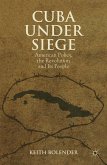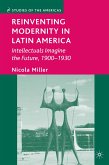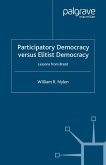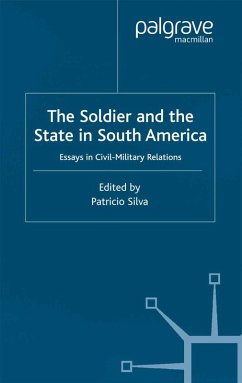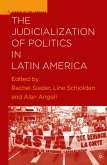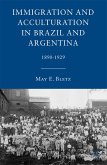Dieser Download kann aus rechtlichen Gründen nur mit Rechnungsadresse in A, B, BG, CY, CZ, D, DK, EW, E, FIN, F, GR, HR, H, IRL, I, LT, L, LR, M, NL, PL, P, R, S, SLO, SK ausgeliefert werden.
Vicky Unruh, University of Kansas
"No island is an island, as the case of Cuba and the Russians compellingly demonstrates. Caviar with Rum's trenchant examinations illuminate some of the most significant transnational skeins that messily cross and create revolutionary Cuba. The anthology draws innovatively from many positionings in space/time to express in cultural, political, analytic, and emotive registers a vital range of theoretical concerns, such as nostalgia and power and memory and representation. Offering timely and unique contributions to fields including visual culture and (post-) Soviet studies, Caviar with Rum is a must-read for Soviet and Cuban scholars and non-specialists alike."
Jennifer Hosek, Queen's University
"In Caviar with Rum Jacqueline Loss and Cuban writerJosé Manuel Prieto have compiled a host of essays from scholars and artists who render vivid for us the lasting effects on Cuban culture of the alliance between Fidel Castro and the Soviet Union. This book will be an important contribution to Cold War and post Cold War studies and a page-turner for anyone interested in revolutionary Cuba."
Anke Birkenmaier, Indiana University, co-editor of Havana beyond the Ruins. Cultural Mappings after 1989
'[This book] is, in the main, an anthology of reflections by Cubans both on and off the island on the degree to which the 30-year alliance between Cuba and the Soviet Union transformed Cuban society and left a legacy that is still very much in evidence two decades after the USSR's demise. The book is an eclectic mix of intensely personal accounts rendered in highly literary fashion and more academic approaches . In recognition of the rather diffuse nature of the contributions, the editors have helpfully allowed for the inclusion of a useful up-to-date chronology of highpoints in the relationship between Cuba and the USSR/Russia . The more formally structured essays I found to be the most revealing about the degree to which the island became 'Sovietized', even in its modes of thinking, as Ariana Hernández Reguant makes clear in her fascinating study of how the Soviet discourse on incentives established an enduring hold. Of all the essays on personal reflections, the one by 'Yoss' most fully succeeds in (ratherwittily) relating just how pervasive was the Soviet imprint on a quotidian level .' - Philip Chrimes, International Affairs
'Caviar with Rum embodies [the Soviet] period with an array of engaging essays and short stories, often conjuring complex memories through art, poetry, film, and even cartoons. In many ways the volume also deals with the aftermath, the post-socialist period in which Cuban-Russian cultural memories continue to beckon history. [T]he group of authors anthologized comprise heterogeneity in the widest sense, an array of artists, writers, and scholars that includes Cubans who lived in the USSR, Soviets who lived in Cuba, and others in between whose experience and memories of the period deeply challenge the boundaries of nationality, class, race, and in some cases, gender. They all perform acts of memory with an acute sense of risk, often marked by the fear of falling by the wayside.' - Román de la Campa, Edwin and Lenore Williams Professor of Romance Languages, University of Pennsylvania, USA, Literature and Arts of the Americas



